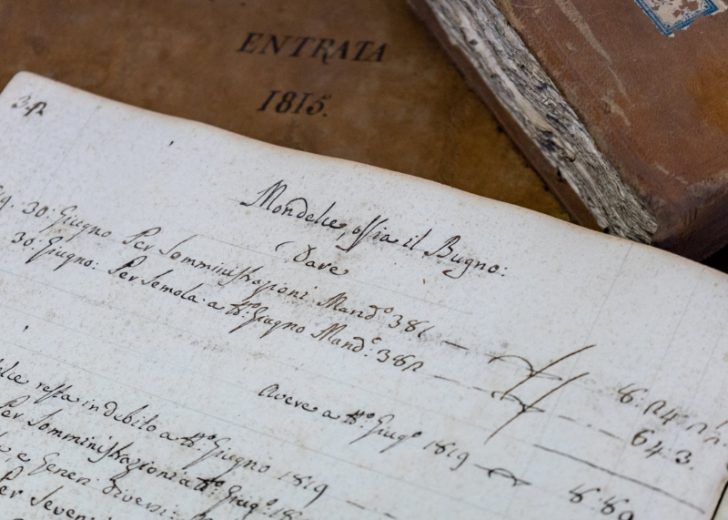If a marital split happens, then the couple’s property and other assets are to be divided fairly. To plan ahead and prepare for the worst, the pair should have separate wills to ensure nobody is left behind when you pass away. Separate wills ensure guidelines to sort out what belongs to whom upon death. Divorce laws vary from state to state, but if each person in a marriage has a will, both spouses receive their share of assets. That part of divorce is easier to handle with the same will. If a marriage ends in divorce, and you go to court, the judge appoints someone to hold charge till the property is divided and decisions made. With disagreement between spouses, a judge decides who gets what and how assets divided.
Different Times Of Death:

With children from previous marriages and intending to leave some assets to them, clearly state what you will be leaving for them and which of your assets are to go where. A separated property agreement is recommended if all the terms of the will are actually accepted by a judge or probate court. This ensures that upon death, wishes are carried out at different times of death. Your husband may leave most assets to his son from a previous marriage. You may want to leave them to your daughter. In the divorce plan, you and your husband agreed to split equally between you and you get half of everything after he dies, but this excludes the substantial amount of money left for his son.
Children From previous Spouses:

If both have children in the marriage, separate wills are critical. A will lets ensures that all money or belongings go to your children, and prevents confusion if one dies before the other. If there’s only one will, the surviving spouse decides who gets what. If this is done without discussions with the ex-spouse first, problems may arise later. Set aside some assets each year into a separate account you can access while alive. Your ex-spouse will then be satisfied with the divorce share settlement. You can add this money to your estate for your children as part of the will. They may get nothing without a will in place.
If I have a will, does my spouse need one?
A will is not required by law but is is a good idea to have one. This ensures more control over your money and assets after death as you may select or change asset distribution and direct your ex-spouse on coming up with their share. This is important if children are involved. If your ex-spouse is not legally entitled to anything, someone else could gain access to what they should have. Separate wills can decide assets/property distribution to a specific person or trust after your passing.
Conclusion:

You may misunderstand or exclude some things after it is drawn up, as it is common for folks to make errors during the process of drafting. Request your attorney to review it to ensure clarity. You may consult your attorney or an estate planner if you are unsure whether you understood the will. A good rule of thumb is to make sure there’s a will in place that gives you the powers to do whatever you require after death, including ensuring that your loved ones will be taken care of, should anything happen to you.




